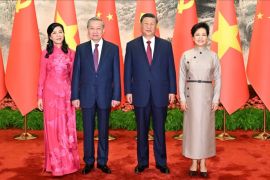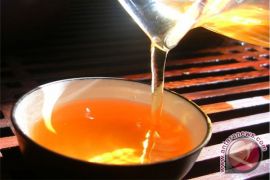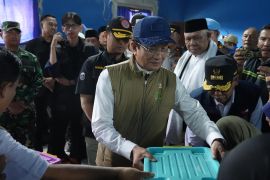"This research proposes the convolutional variational autoencoder-based feature learning for tea clone identification," BRIN's researcher, Vicky Zilvan, noted during the Machine Learning Technology for Post-COVID-19 Pandemic Recovery Webinar on Wednesday.
According to Wikipedia, within machine learning, feature learning is a set of techniques that allow the system to automatically find the representation needed for feature or classification detection from raw data.
Within plantations, it is highly likely to encounter various clones from crossbreeding or breeding unintended by farmers. Every tea clone has unique characteristics, such as quality and resiliency against diseases, he explained.
Visual inspection is usually conducted at plantations to divide areas based on differing tea clones to produce plants with consistent quality. However, this takes time and money.
Related news: Tea lovers hold Nusantara Tea Festival in Simalungun
For the average person, the differences between one tea clone series and another are not easily decipherable since every clone series has differing physical characteristics, such as shape, size, color, and leaf veins.
Currently, inspection can only be conducted by limited number of experts, with years of experience, and that too manually by examining characteristics, such as physical size, texture, and leaf veins.
Examining the entire segment of plantations will certainly take a lot of time and money in addition to being prone to mistakes.
To this end, Zilvan and his team proposed the convolutional variational autoencoder-based feature learning for enabling automatic and swift tea clone identification.
It is expected to help the development of clone varieties to improve the quality and productivity of tea in Indonesia and bolster the country's potential as a tea producer and exporter in the world.
According to data from the World's Top Exports, Indonesia ranks 13th, with a tea export value of US$96.3 million, by contributing 1.4 percent to the world's exports.
"If we look at smaller countries, with less resources, as compared to Indonesia, then Indonesia certainly has major potential to become a tea producer and exporter in the world," Zilvan stated.
Related news: PTPN III exports US$496 thousand worth of tea to US
Related news: Important to learn about Indonesian tea diversity: Expert
Translator: Martha H S, Fadhli Ruhman
Editor: Suharto
Copyright © ANTARA 2022











